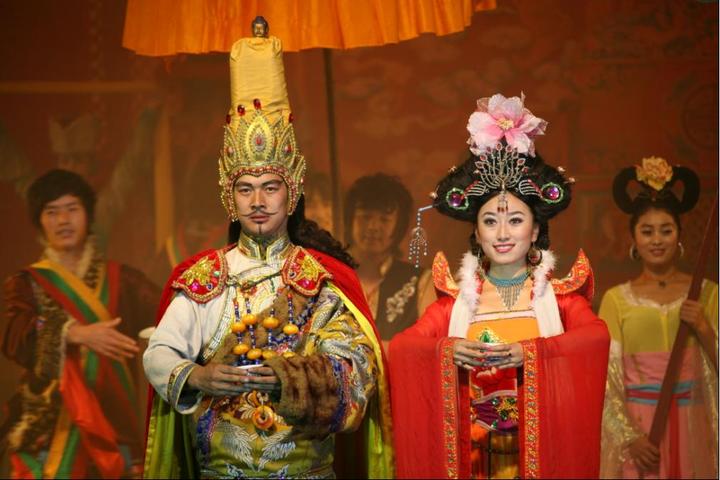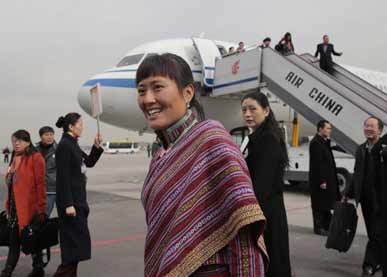China protection on ethnic minority rights wins recognition
China's protection of ethnic minority rights won recognition from both domestic and overseas specialists at a China-Europe seminar on human rights, which opened Wednesday in the southwestern municipality of Chongqing.
Cui Yuying, deputy director of the State Council Information Office, said China's human rights cause has continued to improve following a slew of strategies rolled out since the 18th National Congress of the Communist Party of China (CPC) in 2012.
She briefed the seminar on China's human rights cause and notable achievements in ethnic minority rights. China upholds the principle of equal treatment of all ethnic groups, she said, and members of all ethnic groups have participated in national affairs across constitutional, legal and institutional levels.
The country has also taken steps to ensure ethnic minorities have equal political, economic, cultural, language, customs and religious rights, Cui said.
Hopefully, specialists from China and Europe can make use of the seminar to improve communication, mutual trust, practical cooperation and people-to-people exchanges, she said.
Pierre Bercis, chairman of the French New Human Rights Association, acknowledged China's promotion of exchanges and understanding between ethnic groups.
It is important to respect cultural and religious diversity when protecting the basic rights of ethnic minorities, he underscored. He also called on countries to reject hegemony in the cultural sphere.
Chang Jian, executive deputy director of the human rights center at Nankai University in Tianjin, said besides the traditional protection of political rights and equality, China has done more to support economic growth in regions inhabited by a large ethnic minority population.
In eight of these regions -- including Tibet, Xinjiang and Guizhou -- the number of people living under the poverty line has dropped sharply to 18.1 million in 2015 from 31.2 million in 2012, official data showed.
Moreover, China continues to improve the protection and teaching of minority languages.
Elizabeth Craig, a professor with Queen's University Belfast, reflected that many languages in Europe are dying and many people no longer use the language of their ethnic groups.
Liu Hainian, an advisor to China Society for Human Rights Studies, lauded bilingual education in China's ethnic minority regions.
"This not only helps promote exchanges between different nationalities, but also helps protect the language and culture of ethnic minorities," said Liu.
The seminar, sponsored by the China Society for Human Rights Studies and organized by the Institute of Human Rights of Southwest University of Political Science and Law, was attended by over 50 experts from China and Europe.
Your Comment
Name E-mailRelated News
-
;
-
-

-
Songtsan Gampo won gold prize in National Ethnic Minority Arts Fes
The 5th National Ethnic Minority Arts Festival which lasted almost one month has come to an end recently in Beijing. The Qinghai delegation’s plays which participated in the festival won the third prize.
-
-
-

-
China spends big in supporting ethnic minority regions
The Ministry of Finance (MOF) announced that 2.385 billion yuan (360 million US dollars) had been allocated in 2016 so far to support ethnic cultural development in minority areas.
-
-
-

-
Tibetan CPPCC member: not one ethnic minority less
The Yarlung Tsangpo River in Medog County has formed a rich river valley, nurturing a modern generation of the Menba people.
-
Based in Lhasa, Tibet Vista is a Tibet travel agency that specialized in Tibet permit, and Tibet tours for both private and group travelers at a local price!
•4 Days Lhasa City Group Tour from USD 460 •8 Days Everest Base Camp Group Tour from USD 850 •15 Days Mt.Kailash Group Tour from USD 1780 •2016 Tibet Train Tours from Beijing, Shanghai, Chengdu, Xining,etc










